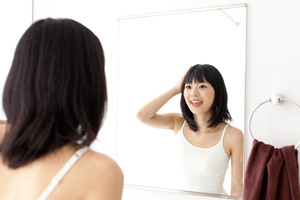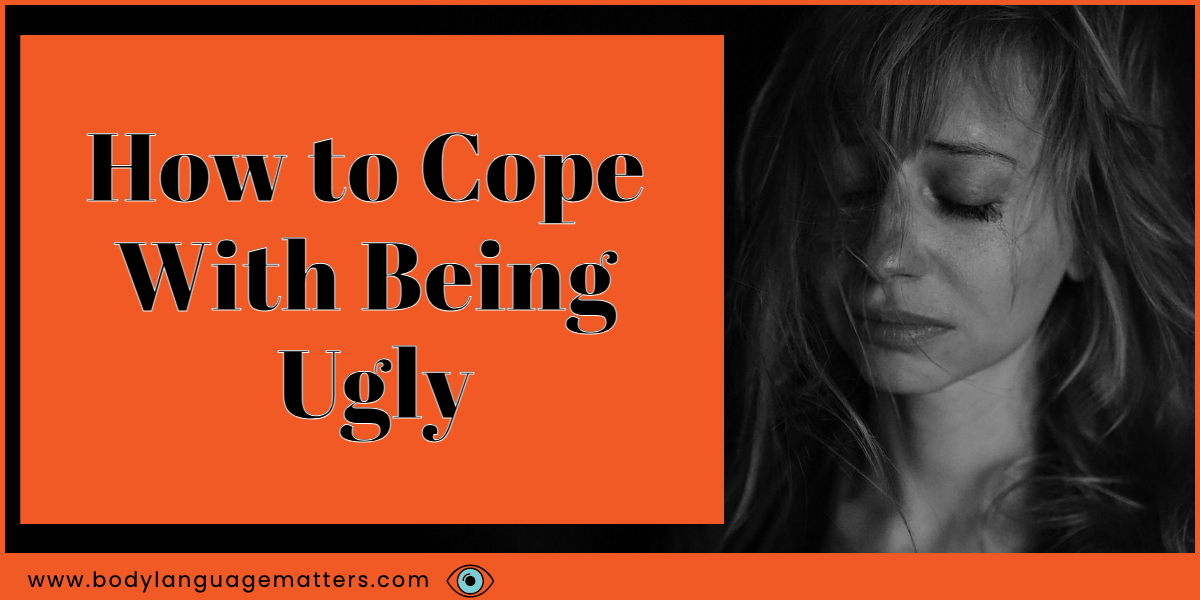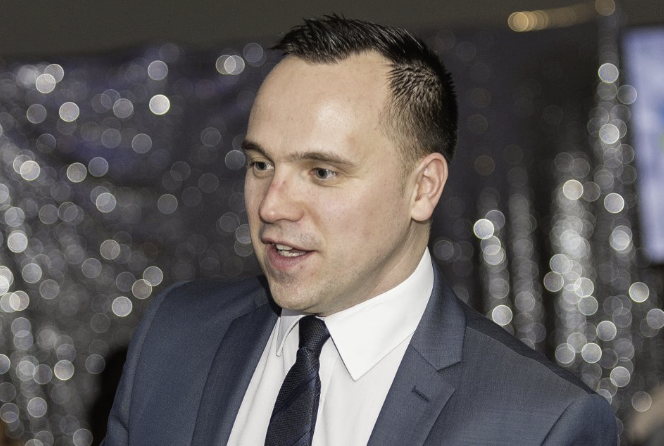Feeling ugly is a debilitating experience that many people go through, but the truth is, that the concept of ugliness or being unattractive largely hinges on subjective opinions. These are often influenced by societal norms, media, and our immediate surroundings.
In this article, we’ll delve into ways to cope with feeling ugly, provide honest tips for boosting your self-esteem, and help you deal with being unattractive.
Understand that Beauty is Subjective (The Eye of the Beholder)
First and foremost, it’s crucial to remember that what might be considered “ugly” in one culture or community may be seen as beautiful in another. In other words, beauty—or the lack of it—is largely in the eye of the beholder. The insecurity you feel about your physical appearance is often a result of society’s beauty standards, not an objective truth.
Feel More Attractive Now and Lose Those Self Doubts (Audio Download)

Because when you feel attractive, are attractive – let hypnosis help.
Prioritize Your Inner Happiness
Stop measuring your worth by your appearance. Believe it or not, prioritizing inner happiness over external appearance can do wonders for your self-confidence. Self-esteem is not a product that’s sold in stores; it’s built over time by appreciating your worth and capabilities. Your face or body might have imperfections, but they don’t define you.
The Pitfalls of Equating Beauty with Happiness
If you think being beautiful will make you happy, think again. Believing beauty equates to happiness can lead to anxiety and a dependence on other people’s opinions. In the long run, it’s worth evaluating whether your appearance genuinely impacts your happiness or if it’s just a smokescreen hiding deeper issues.
Deal with Being Ugly: Honest Tips
Accept How You Look
Learn to accept your appearance. If you can’t change it, then it’s better to work on overcoming negative thoughts. Sometimes, looking at other people whom you perceive to be more attractive can make you feel worse. Stop comparing and start embracing your unique traits.
Seek Professional Help
If your self-esteem has plummeted to a level where it’s affecting your daily life, it may be beneficial to seek professional help like online therapy. Mental health professionals can provide strategies to help you feel better about yourself.
Be Your Best Person
Instead of focusing on things you dislike about your appearance, focus on what you can control. Work on being the best person you can be, both inside and out. This will not only make you feel better but also shift the way you perceive yourself and how others perceive you.
FAQ: How to Cope With Being Ugly (Brutally Honest Tips)
Why do some people feel they look ugly even when others think they’re attractive?
Perception of attractiveness can vary widely between individuals. Many times, people feel they look ugly due to societal pressures, personal insecurities, or past experiences. It’s easy to feel like you don’t measure up to the definition of beauty promoted by media, even when friends and loved ones see you differently.
What are some strategies to cope with feelings of unattractiveness?
Coping involves redirecting negative thoughts about your appearance towards actions that improve your self-esteem. Engage in activities that make you feel your best, surround yourself with positive influences, and seek professional help if feelings become overwhelming.
Why do these feelings emerge, and are they common?
Feelings of being unattractive or “ugly” can stem from various factors, including past traumas, societal beauty standards, or peer pressures. These feelings are more common than you think; even people who are often called “attractive” can feel unattractive at times.
How does one start the journey of self-acceptance?
Start by understanding that beauty is subjective. Remember the story of the “ugly duckling”? Over time, it became a beautiful swan. Similarly, personal acceptance and growth can change the way you look at yourself. Additionally, building self-worth beyond physical appearance and seeking support from friends and loved ones can help.
You may also like
Is it a fixed trait or a perception?
Ugliness is more a perception than a fixed trait. What one might see as an imperfection, another might see as a unique feature. Often, the concept of “ugly” is tied to transient issues like acne or lack of a symmetrical face, but beauty standards vary across cultures and eras.
Do only those who are conventionally unattractive feel this way?
No. Feelings of being unattractive can plague anyone, regardless of how they look. Sometimes, even conventionally attractive people experience days when they feel unattractive.
How do media and culture influence our views on beauty?
Media and culture play a significant role in shaping our understanding of beauty. Often, a narrow definition of beauty is promoted, making many feel they don’t measure up. This can lead to feelings of inadequacy or being unattractive.
How is it related to feelings of ugliness?
Insecurities about one’s appearance can lead to feelings of ugliness. These insecurities might not just stem from physical traits but also from a belief that one’s value is tied to how they look.
Are there actionable steps to achieve this?
Yes, start by focusing on things you love about yourself. Engage in activities that make you feel confident and happy. Over time, you’ll likely feel better about your appearance. Also, remember, seeking external validation can sometimes make you feel worse; it’s your internal acceptance that truly matters.
Can altering one’s style or appearance help in feeling better?
It might. Sometimes a change, be it a new hairstyle or attire, can boost confidence. But remember, these are external changes. They can help, but true confidence and acceptance come from within.
Is it true that those who consider themselves “ugly” are often the kindest?
Character and kindness aren’t tied to appearance. While some people might develop deep empathy because of personal struggles with appearance, it’s a stereotype to believe all “ugly” people are kind or vice versa.
Do they also struggle with feelings of being unattractive?
Absolutely. Many conventionally attractive people still struggle with insecurities and might not feel beautiful. Every individual, irrespective of how they look, has their battles with self-worth.
Final Thoughts: Seek Happiness Internally, Not Externally
Your ultimate aim should be to seek happiness by addressing your internal thoughts and beliefs, rather than pursuing external changes. Look in the mirror, accept what you see, and then look beyond it. After all, even beautiful people struggle with insecurities.

